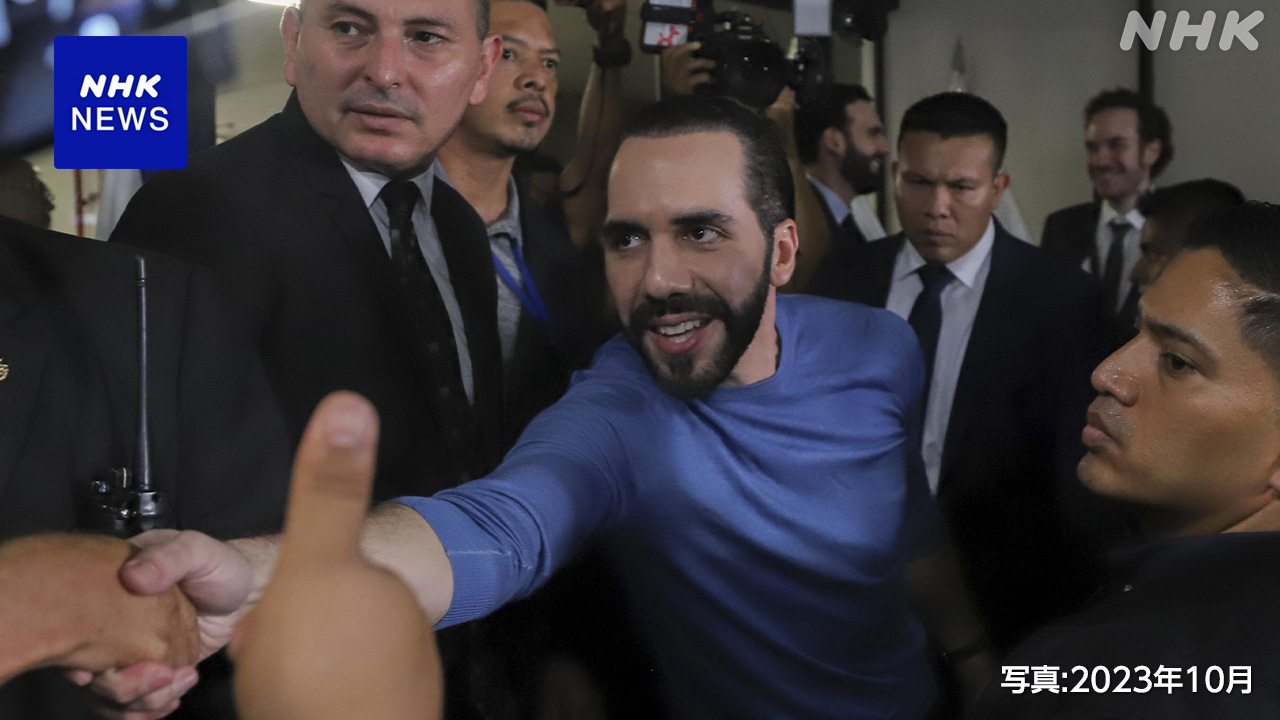A presidential election is scheduled to be held in El Salvador in Central America on the 4th of this month, and it is certain that incumbent President Najib Bukele will be re-elected.
The re-election of President Bukele, who has dramatically improved the country's security through strong anti-gang measures that restrict the constitution, may have an impact on security measures in other Latin American countries where violence is severely prevalent.
In El Salvador, a country in Central America, a presidential election is scheduled for the 4th of this month, with six candidates running.
According to public opinion polls conducted by various companies, incumbent President Najib Bukele, founder of the center-right New Thought party, enjoys 80% to 90% support and is certain to be re-elected.
The reason for this overwhelming support is that Mr. Bukele has dramatically improved the country's security by thoroughly cracking down on gangs, including by temporarily restricting rights guaranteed by the constitution. .
However, Mr. Bukele's political methods of imposing security measures even by restricting the constitution have been criticized by the international community and human rights organizations.
President Bukele's heavy-handed security measures have drawn attention from other countries in Latin America suffering from widespread violence, and his re-election could influence policies in those countries as well.
Voting for El Salvador's presidential election will be held on the 4th, and votes will be counted on the same day.

